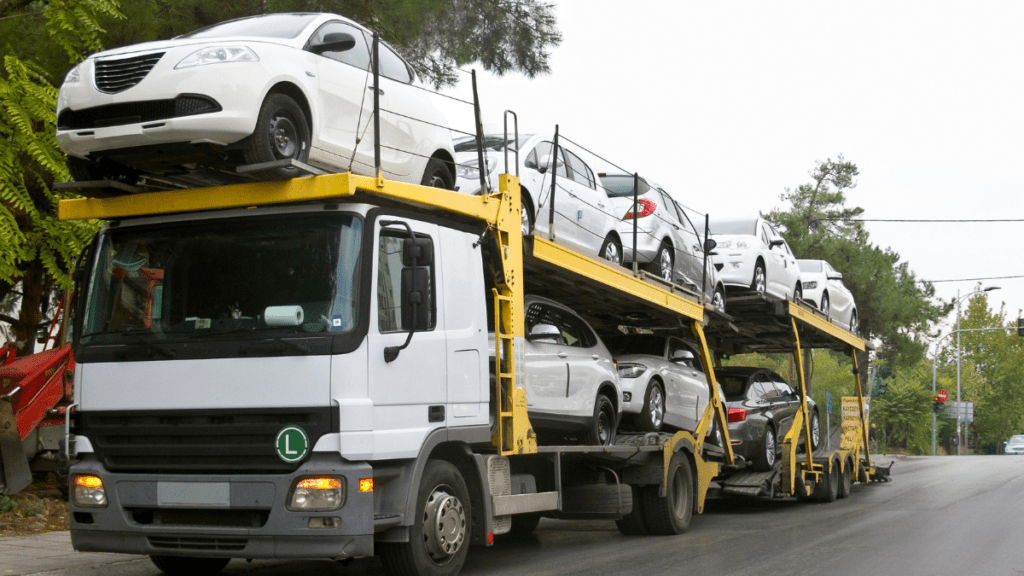Carriers Liability Insurance: safeguards transporters and fleet owners against legal liability for loss or damage to goods during transit. Learn how this policy covers accidents, fire, theft, and legal expenses, what limits apply, and why it’s essential for businesses handling cargo transportation

Carriers Liability Insurance: A Simple Guide for Transporters and Businesses
If you’re in the business of moving goods—whether by truck, ship, train, or plane—you’ve probably heard about Carriers Liability Insurance. But what exactly is it, why do you need it, and what does it cover? Here’s a human-friendly explanation to help you understand this important protection.
What is Carriers Liability Insurance?
Carriers Liability Insurance is a type of insurance designed to protect transporters (carriers) from financial losses if the goods they’re carrying are lost, damaged, or delayed while in transit. In simple terms, it covers your legal responsibility as a carrier for any harm that happens to cargo while it’s in your care.
Whenever you transport goods for someone else, you are legally responsible for their safe delivery. If something goes wrong—like an accident, theft, fire, or mishandling—this insurance can help cover the costs, so you don’t have to pay out of pocket.
What Does It Cover?
Carriers Liability Insurance typically covers:
- Loss or damage to goods during transit (road, rail, air, or sea)
- Damage from accidents, collisions, fire, flood, or explosion
- Theft or hijacking of goods
- Legal expenses if you face a claim
- Injury to third parties or damage to their property caused by your vehicle or cargo25
It’s important to note that coverage is usually limited to a certain amount, often based on the weight or type of goods. If the value of the goods exceeds this limit, you may need additional insurance like cargo insurance56.
Why is Carriers Liability Insurance Important?
- Legal Requirement: In many countries, carriers are legally required to have this insurance to operate. It ensures you can compensate shippers for losses, as mandated by law.
- Financial Protection: Accidents and losses can happen anytime. This insurance protects your business from large, unexpected expenses.
- Trust and Reputation: Having insurance shows your clients that you’re responsible and trustworthy, making them more likely to do business with you.
What’s Not Covered?
There are some exclusions and limits. For example, you may not be covered for:
- Losses due to natural disasters (acts of God), unless specifically included
- Poor packaging by the shipper
- Inherent defects in the goods themselves
- Losses exceeding the policy limit
Carrier Liability vs. Cargo Insurance
It’s easy to confuse carrier liability insurance with cargo insurance. Here’s a quick comparison:
| Feature | Carrier Liability Insurance | Cargo Insurance |
|---|---|---|
| Who buys it? | The carrier (transporter) | The owner/shipper of the goods |
| What does it cover? | Carrier’s legal liability for loss/damage | Full value of the goods in transit |
| Coverage limit | Usually limited (by weight/type) | Up to the declared value of goods |
| Who gets the claim payout? | The carrier (then pays the shipper) | The owner/shipper directly |
In Summary
Carriers Liability Insurance is essential for anyone transporting goods for others. It helps you meet legal requirements, protects your business from costly claims, and builds trust with your clients. However, it has coverage limits, so for high-value goods, consider recommending cargo insurance to your clients for extra protection.
If you’re a carrier, make sure you understand your policy’s terms, limits, and exclusions—and always keep your insurance up to date!





















